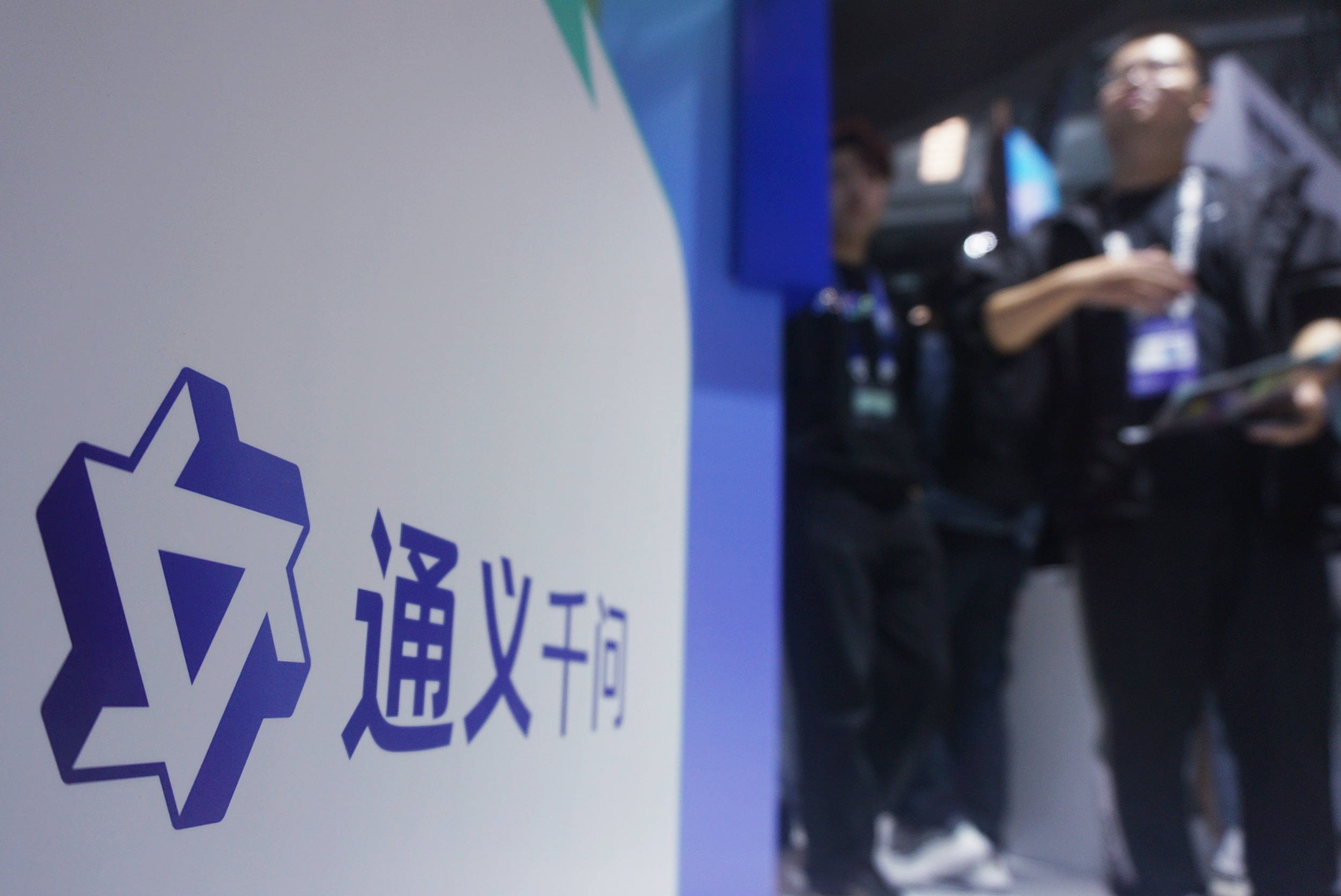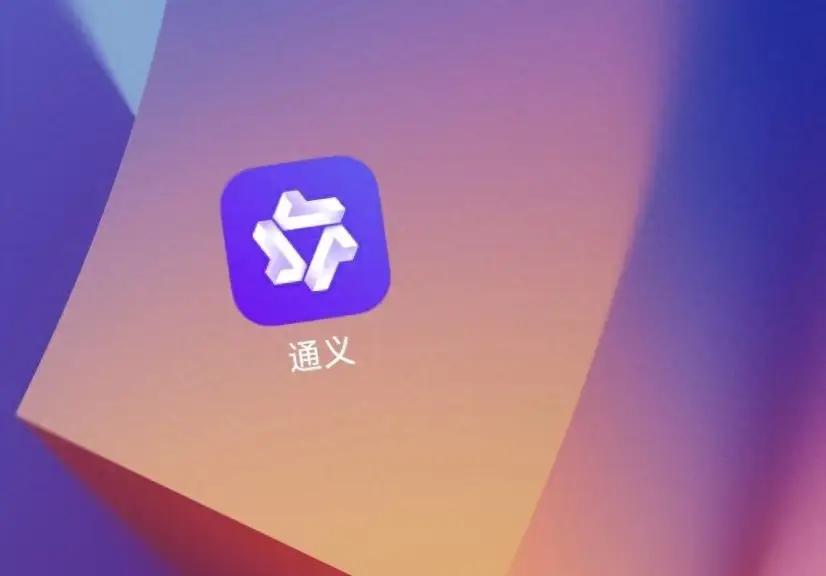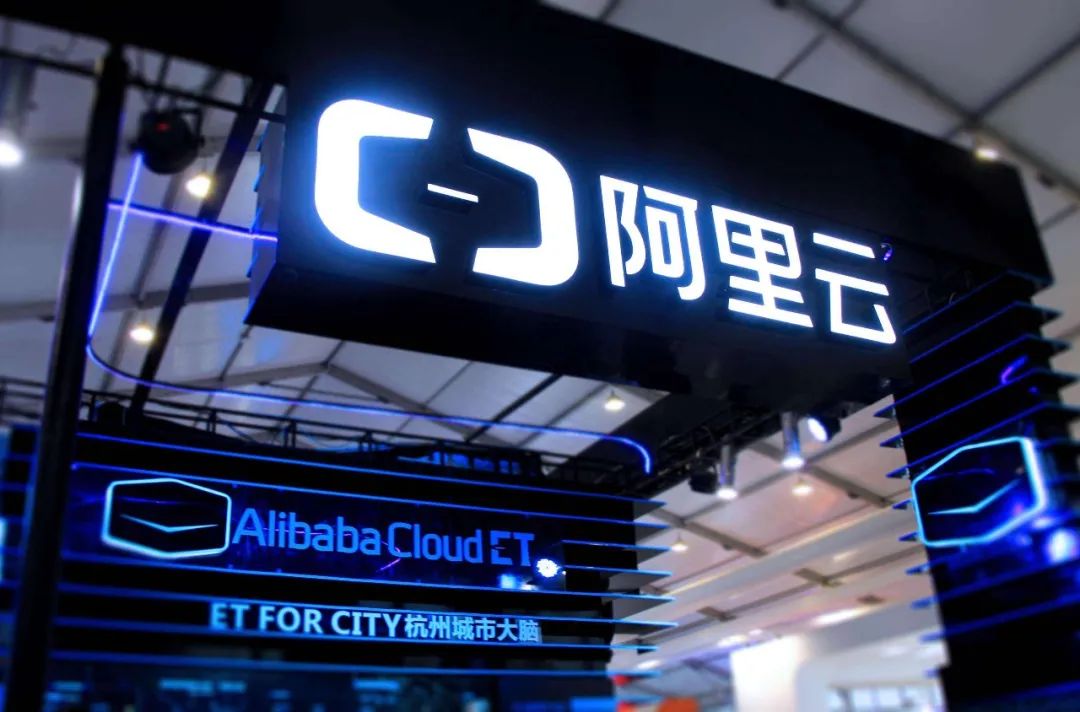The "Marginalized" Year of Tongyi To C
![]() 01/21 2025
01/21 2025
![]() 442
442

At the dawn of 2025, Alibaba Cloud kickstarted the year with two significant announcements: a strategic collaboration with ZeroOneWorld on model platform business, followed by the integration of LeTV's innovative AR glasses into the Tongyi Large Model. As the domestic cloud computing market leader, Alibaba Cloud's growth trajectory remains stable. Similarly, Tongyi, as Alibaba Cloud's flagship large model, has seen steady progress in To B collaborations throughout the past year.
However, towards the end of 2024, Alibaba Cloud restructured, shifting the Tongyi To C team, including product managers and related engineering teams, to Alibaba's Intelligent Information Business Group, on par with Kuake. This move signified Alibaba's strategic redirection for Tongyi To C in 2025.
2024 was a year of intense competition among major vendors' large model To C applications. According to Qimai's 2024 AI Product Download Rankings Top 30, Doubao, Kimi, and Wenxiaoyan topped the chatbot category, with Tongyi trailing in fourth place, significantly behind Doubao in downloads.
Logically, Tongyi is not devoid of powerful large models, particularly in the open-source realm. Nevertheless, its sluggish To C performance in 2024 is undeniable.
This does not imply that Alibaba neglected AI To C in 2024; the Tongyi App witnessed regular updates throughout the year. Nor does it suggest Alibaba's incompetence in AI To C; Kuake, within the Alibaba ecosystem, achieved remarkable success. In fact, Kuake surpassed Doubao to rank first in Qimai's 2024 annual download rankings.
Therefore, from New Position's perspective, if we were to encapsulate Tongyi To C's state in 2024, "marginalized" might be a more fitting term than "uncommitted".
Who marginalized Tongyi To C? On the surface, it appears to be Alibaba Cloud or Alibaba's AI strategy. However, the root cause lies within Alibaba's organizational structure.
Specifically, the "Tongyi" IP (brand effect category) was marginalized. As a C-end product, it failed to generate significant influence within Alibaba's AI ecosystem, as no internal entity expressed a need for it. Consequently, its impact on C-end users remained underdeveloped throughout the year.
01. How the 2024 Chatbot with the Best Language Logic Was Marginalized
The model capabilities accessible via the Tongyi app are on par with other domestic chatbot apps.
For instance, Qwen2.5-72B-Instruct, released last year, briefly held the title of the only Chinese large model in the top ten of the Chatbot Arena rankings post-launch.
Amidst numerous AI benchmarks, large model vendors often leverage favorable ones to support their positions. However, due to its mechanism, Chatbot Arena currently enjoys a certain degree of authority: it allows anyone to pose questions to two random anonymous models and vote for their preferred answer. Compared to other benchmarks, the Arena's randomness and anonymity lend it a more objective air.
While DeepSeek-V3 has since replaced Tongyi's Qwen2.5 series at the top of Chatbot Arena rankings in early 2025, the Tongyi Qwen2.5 series maintained a leading position in capability evaluations throughout 2024.
It's worth noting that the non-profit organization behind Chatbot Arena has ties with numerous large model vendors, and the users participating in evaluations are likely those who closely follow the rankings. Thus, Chatbot Arena's objectivity may not be absolute.
Regardless of which Tongyi series large model the Tongyi app currently invokes, when tested with a previously unasked philosophical dialectical question, the author subjectively perceived that the Tongyi app's answer exhibited a more comprehensive and dialectical argumentation logic compared to Doubao, Kimi, and Wenxiaoyan.

Moreover, the DeepSeek app's answer to this question also surpassed that of the Tongyi app, aligning with Chatbot Arena's rankings. (A detailed testing process and result comparison will be provided in the next article discussing the Tongyi product level)
When multiple aspects and a substantial proportion of subjective perceptions converge on the same result, that result becomes "objective." Therefore, we can conclude that, in the 2024 time frame, the Tongyi app was likely China's chatbot with the best language logic.
Yet, this large model application experienced sluggish To C development throughout the year.
According to Qimai's 2024 AI Product Download Rankings Top 30, chatbot-type AI products ranked Doubao (2nd), Kimi (7th), and Wenxiaoyan (9th) in downloads.
Doubao amassed over 200 million downloads. Tongyi, absent from the chatbot category's top three, ranked fourth (18th) with downloads exceeding 20 million.
However, this does not indicate that Alibaba neglected AI To C in 2024.
The Tongyi App witnessed regular updates throughout the year. Even from the iOS App Store's perspective, its version update frequency rivals that of Doubao. As of now (early 2025), the update cycle length for Tongyi and Doubao apps across the past 25 versions is 6-7 months; Wenxiaoyan has the lowest update frequency at 9 months, while Kimi has the highest at 3 months.
Nor does it suggest that Alibaba is now incompetent in AI To C; after all, Kuake, within the Alibaba ecosystem, achieved remarkable success in 2024. In Qimai's 2024 annual AI app download volume rankings, Kuake surpassed Doubao to rank first.
This can be summarized as Alibaba's uncertainty regarding Tongyi To C in 2024, but this conclusion holds true only if Alibaba's AI-era layout strategy is solely responsible for Tongyi To C's performance.
However, this is not the case. Alibaba's system dictates that its internal AI ecosystem will not have a highly consistent layout; each plate operates independently and is responsible for its own profits and losses. Therefore, from New Position's perspective, if we were to encapsulate Tongyi To C's state in 2024, "marginalized" might be a more fitting term than "uncommitted".
As mentioned earlier, at the beginning of 2025, Alibaba Cloud first officially announced a strategic collaboration with ZeroOneWorld on model platform business, followed by the integration of AR glasses into the Tongyi Large Model.
Two key points emerge from this information: first, Alibaba Cloud will continue to support the Tongyi large model; second, even though the Tongyi series enjoys the most resource allocation from Alibaba Cloud, due to Alibaba's overall structure, Tongyi's current To B-level business performance has little bearing on the Tongyi To C team.
This dooms the Tongyi app to fail in synergizing more ecological resources within its parent company like Doubao, but Tongyi itself possesses the potential.
02. From Watching Others "Fight Independently" to "Fighting for Oneself"
To comprehend this scenario, a comprehensive analysis of all parties' positions within Alibaba is necessary.
From Alibaba Cloud's perspective, where the Tongyi To C team was previously situated, there was no demand or need to create a superior AI To C product.
LeTV's AR glasses accessing the Tongyi Large Model via Alibaba Cloud underscores that, even after the Tongyi To C team's separation from Alibaba Cloud, major B-end partners can still connect with the superior Tongyi Large Model through Alibaba Cloud.
For these partners, "Alibaba Cloud" is the influential brand, while "Tongyi" is merely one of its product series.
Moreover, as a cloud vendor, Alibaba Cloud sells cloud services. One of the mainstream narratives in the current cloud vendor market is collaborating with more large model vendors, such as officially reaching a strategic collaboration with ZeroOneWorld on model platform business. The cloud services behind several other unicorn large models are also provided by Alibaba Cloud.

When a large vendor has already established a high market share in cloud business before the large model explosion era, the influence of its flagship large model and To C products tends to be overshadowed.
Tencent Cloud faces a similar situation. In contrast, ByteDance's Volcano Engine stands out. The "driving sales" significance of its flagship product Doubao for Volcano Engine and other products within the ByteDance ecosystem may be the "outlier" among cloud vendors.
Furthermore, from Alibaba's broader perspective, in the AI era, Alibaba already boasts a more potent product, Kuake, to compete with Doubao. From other Alibaba businesses' perspectives, influenced by Alibaba's organizational structure, their primary goal is to survive and profit independently.
Alibaba Cloud does not require the Tongyi app to drive sales, nor do other Alibaba products. For instance, supporting Kuake's AI system is Kuake's self-developed large model; Tmall Genie is integrated with Kuake.
Generally, the mutual selection criteria for cooperation between an AI business and ecological partners are: software products need cloud services for AI, hardware products need large models for AI; strong products need AI technology, while weak products need AI's influence.
This selection benchmark applies to any enterprise. By combining this benchmark with one's own product positioning, various selection outcomes can be traced. When applied to Alibaba's structure, it creates the current scenario.
Only by understanding the fundamental reason behind Alibaba's structure marginalizing Tongyi To C can we better comprehend the Tongyi To C team's year-end adjustment.
Now, the Tongyi To C team has merged into Alibaba's Intelligent Information Business Group, which also encompasses content-based products like Kuake, UC, and Shuqi. The core model of these products is "intelligent tools + content + services," suitable as a framework for the independent development of the Tongyi To C application.
Previously, the essential reason for Tongyi To C's marginalization was that AI-related sectors within Alibaba were "fighting independently." Now, the solution naturally involves detaching Tongyi To C from Alibaba Cloud and letting it "fight for itself."
"The general trend of the world is that after a long period of union, there must be separation, and after a long period of separation, there must be union." Towards the end of last year, Alibaba established the Alibaba E-commerce Business Group, fully integrating e-commerce businesses such as Taobao Tianmao Group, Alibaba International Digital Business Group, as well as 1688 and Xianyu, forming a business cluster spanning the entire domestic and foreign industry chain, with Jiang Fan serving as CEO.
Perhaps integrating all Alibaba's AI-related businesses like e-commerce businesses is challenging. But how can each business maintain external competitiveness while fostering internal collaborative development? Exploring the AI business structure will be a long-term focal point for Alibaba's overall future.
03. Final Thoughts
2024 is now a distant memory. For the Tongyi To C team, the primary concern is whether the "delay in combat effectiveness" over the past year has had a significant impact.
New Position believes the impact is limited. Take DeepSeek as an example; new chatbot apps continue to emerge, leveraging the fame of its eponymous large model. The general public has yet to form a consensus on "who is the best chatbot." The large model market remains in a stage of intense reshuffling.
Moreover, in 2024, both Doubao and Kimi were still in a phase where new user acquisition through advertising significantly outpaced that through product capabilities.
Towards the year's end, information from a Zhejiang Merchants Securities research report was disclosed. The report highlighted that ByteDance's AI capital expenditure in 2024 reached 80 billion yuan, close to the combined total of Baidu, Alibaba, and Tencent (approximately 100 billion yuan).
Money alone cannot create a moat for large vendors.
If we were to find a benchmark application to guide the Tongyi app's development in the coming year, Kuake from the same sector is also suitable. Regarding this point, New Position will provide specific reasons in the following article, "If Not Technologically-Oriented, How Tongyi To C Can Refer to Kuake and Doubao".
In 2025, the Tongyi app still harbors numerous opportunities.
*The title image and images in the article are sourced from the internet.








